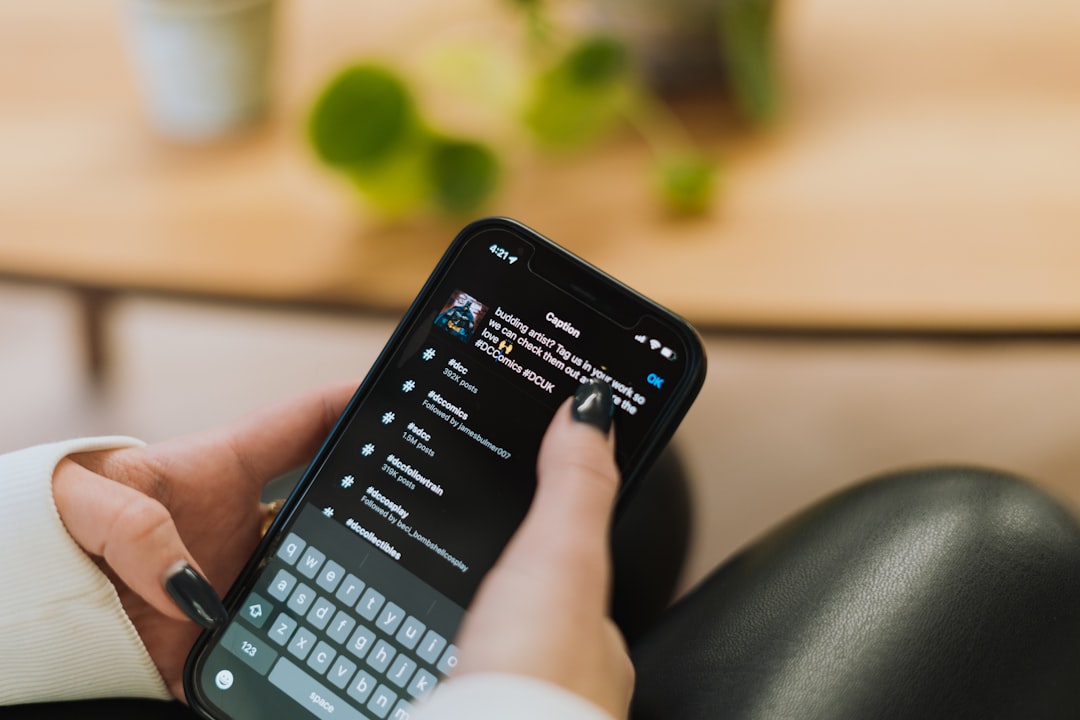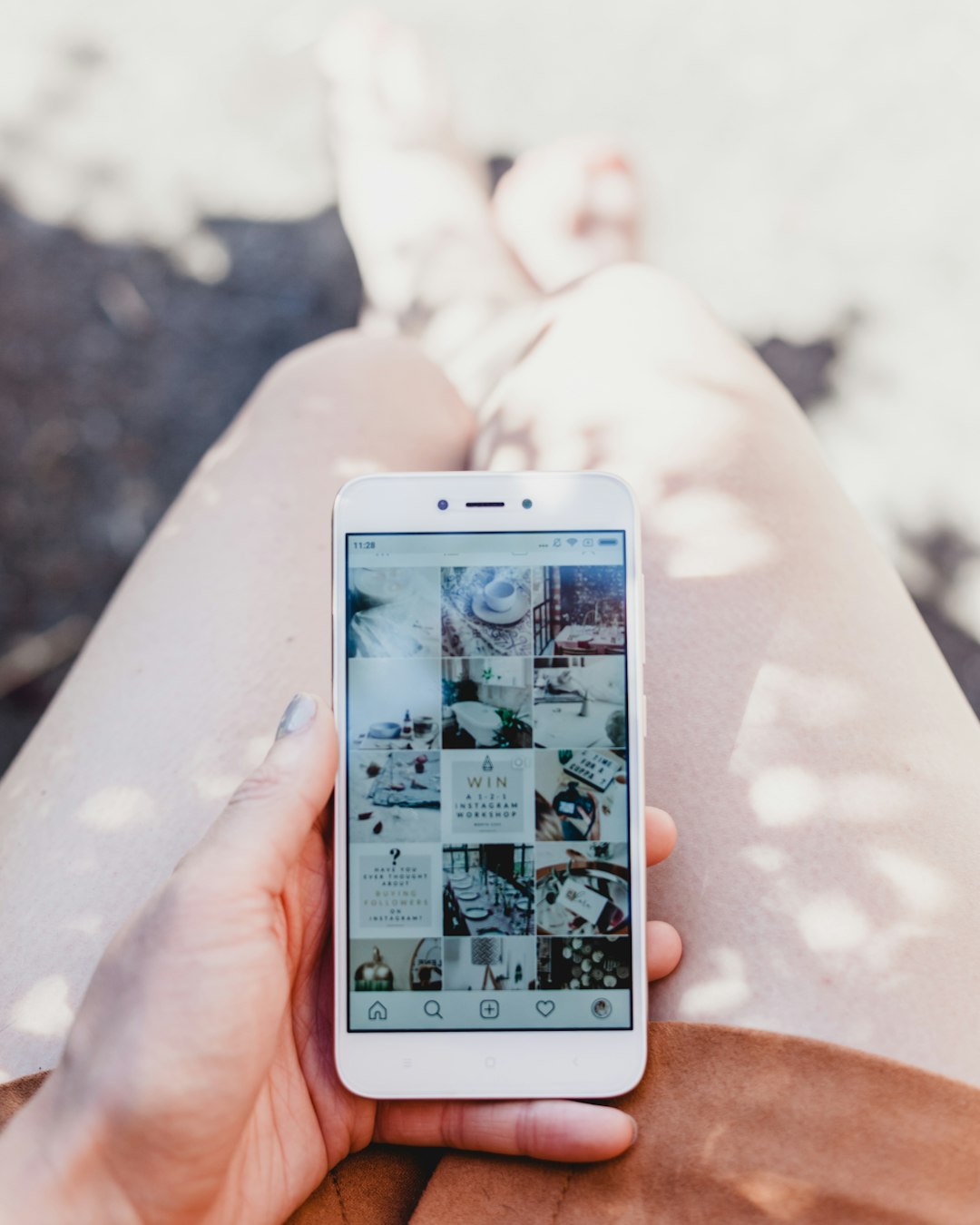Smartphones are indispensable tools in modern life. From making calls and sending messages to checking the latest news, listening to music, and enjoying games, smartphones serve a multitude of purposes. However, did you know that excessive smartphone use can negatively impact our health, particularly brain health? Recently, Dr. Aditi Nerurkar, a public health expert at Harvard University, warned about smartphone habits that harm brain health. In this article, we will introduce the three main habits pointed out by Dr. Nerurkar and suggest ways to improve them. Check your smartphone habits and find valuable information to maintain a healthy lifestyle.
1. Using the phone late at night
Why is using smartphones at night a problem?
Using smartphones late at night is a common mistake many people make. This habit not only disrupts sleep but also seriously affects brain health. Dr. Aditi Nerurkar warns that the bright screen of smartphones suppresses the secretion of melatonin, our sleep hormone, which hinders a good night’s sleep. This ultimately leads to fatigue and decreases focus and productivity in daily life.
Primal urges and stress
The urge to consume stimulating content on smartphones stems from a primal danger detection instinct. In modern society, negative news such as climate disasters, wars, and crimes continuously pours in. Constantly consuming this information keeps the brain in a state of constant alertness. This increases stress and anxiety, adversely affecting mental health.
Tips for healthy sleep
To ensure a good night’s sleep, it is best to stop using smartphones at least one hour before bed. Instead, relax and prepare for sleep with the following activities:
- Meditation: Take deep breaths in a quiet environment to calm your mind.
- Reading: Read a paper book to relax your mind.
- Listening to quiet music: Listen to soft music to soothe your mind.

2. Checking the phone too often
The impact of excessive smartphone use on the brain
Many people have the habit of frequently checking their smartphones without any particular reason. This overstimulates the brain and decreases focus. Dr. Nerurkar points out that people check their smartphones more than 2600 times a day on average. This behavior continuously stimulates the brain, increasing fatigue and stress.
Phone dependency and stress
Dependency on smartphones negatively affects our daily lives. Habitually checking smartphones first thing in the morning and before bed causes stress and harms our mental health. This ultimately exacerbates brain fatigue and lowers our overall quality of life.
Managing smartphone use time
To effectively manage smartphone use time, try the following methods:
- Set a timer: Limit smartphone use to 20 minutes a day and set a timer when needed to manage your time.
- Set smartphone-free time periods: Establish specific times of the day when you do not use your smartphone.
- Engage in focus-enhancing activities: Reduce smartphone use and instead engage in activities like reading, exercise, and meditation to improve focus.

3. Watching anxiety-inducing content
Stimulating content and brain health
Stimulating content consumed through smartphones has a powerful impact on our brains. Social media and news platforms are filled with anxiety-inducing content such as wars, climate disasters, and conflicts. This information continuously stimulates our brains, causing anxiety and stress.
Fight-or-flight response and mental health
Dr. Nerurkar explains that the stimulating images and videos on smartphones trigger our fight-or-flight response. This can lead to mental health issues such as post-traumatic stress disorder (PTSD). Research indicates that continuously consuming such content excessively activates our amygdala, increasing anxiety.
Reducing the consumption of stimulating content
To reduce the consumption of stimulating content, try the following methods:
- Limit news consumption time: Check the news only at specific times of the day and avoid stimulating news during other times.
- Consume positive content: Reduce anxiety by consuming positive content. For example, watch comedy videos or listen to relaxing music.
- Strengthen psychological resilience: Engage in activities like meditation and yoga to maintain mental peace and strengthen psychological resilience.

In conclusion
While smartphones have become essential tools in modern life, we cannot overlook their impact on brain health. Using smartphones late into the night disrupts sleep and exacerbates brain fatigue. This does not just cause sleep deprivation but also has long-term negative effects on our mental and physical health. Additionally, the habit of constantly checking smartphones throughout the day decreases our focus, reduces productivity, and causes ongoing stress.
Moreover, stimulating content consumed on social media and news platforms amplifies our anxiety and can lead to mental health issues like PTSD. These problems can be significantly improved with simple habit changes.
Keeping smartphones away before sleep, limiting use time to improve focus, and reducing the consumption of stimulating content are the first steps in protecting brain health. This is not just a personal health issue but a significant challenge faced by modern society. Improving smartphone usage habits enhances the quality of individual lives and contributes to the overall mental health of society.
Now, we need to find ways to enjoy the convenience of smartphones while maintaining brain health through healthy usage habits. Controlling smartphone use time, consuming positive content, and strengthening psychological resilience is the beginning. This will lead to a healthier and happier life. Experience the big effect of small changes in smartphone usage habits.
Be the protagonist who wisely uses smartphones to protect brain health and enhance the quality of life.
